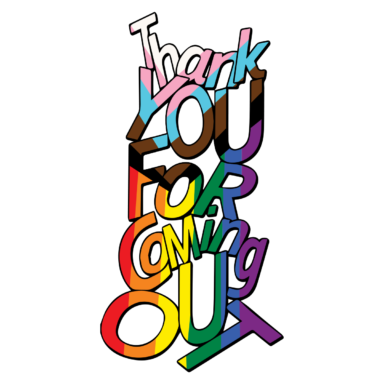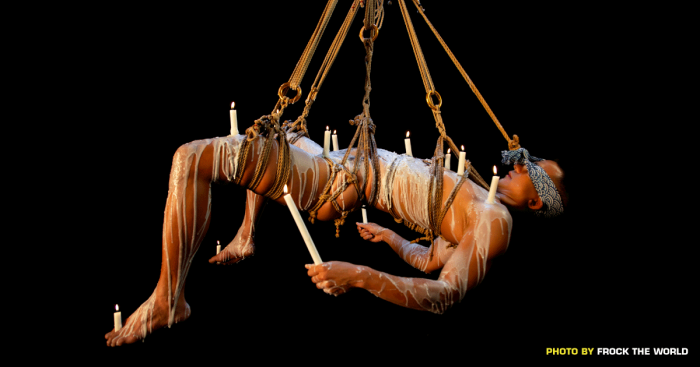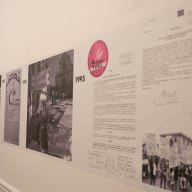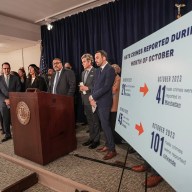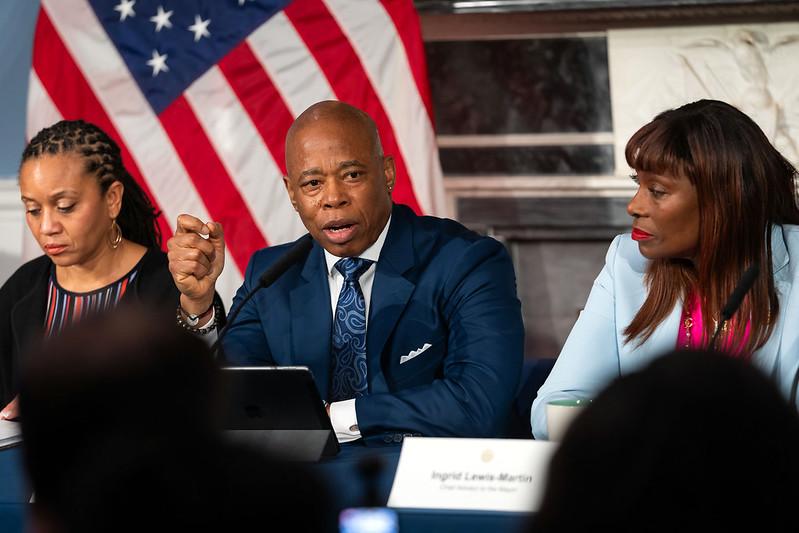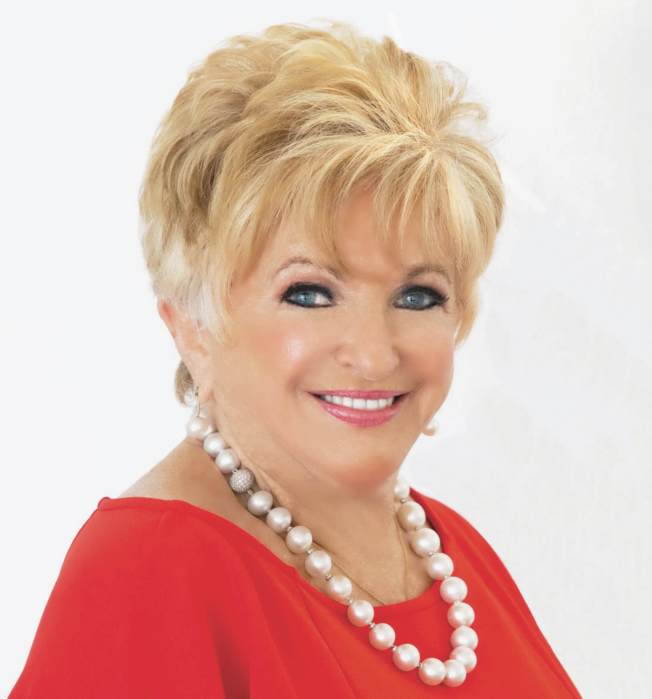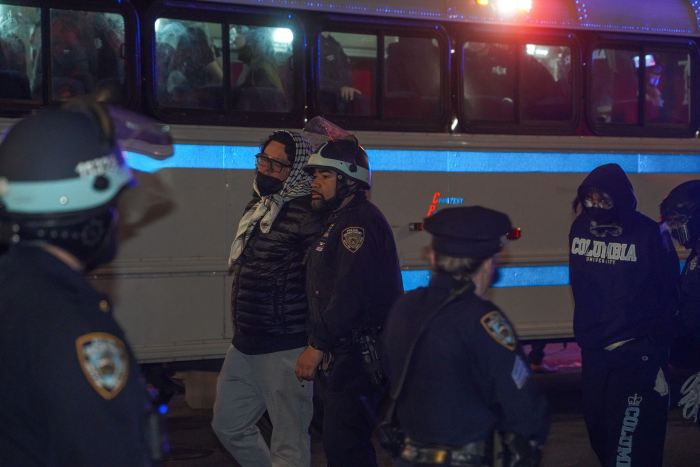The nationwide outcry and storming of the streets in response to the murders of George Floyd and Breonna Taylor — in addition to Dominique Rem’mie Fells, Tony McDade, and Riah Milton — are an important reminder of what Pride is all about: the fight against police brutality; the basic freedoms that should be accorded to us by virtue of being human; the strength of a collective community empowered; and, of course, visibility.
At its core, Pride is about being able to be seen and be heard for who we are — and for that to matter — which is why we must all collectively ensure we are counted in the 2020 Census.
The Census is a count of every person in the United States, regardless of race, ethnicity, immigration status, housing situation, or sexual orientation (we’ll get to gender identity in a second), and comes around only once every 10 years. It is the foundation upon which our entire system is built, for it determines how the federal government spends nearly $1.5 trillion every year for education, healthcare, housing, transportation, and more, in addition to determining the number of seats each state in has in Congress, and how every single neighborhood across the country is represented locally and at the state level.
The Census also provides important data that governments use to make critical decisions every day, like how many vaccines to order, how much affordable housing is needed, and how to provide healthcare services to those in need. In the coming years, we’re going to need all the help we can possibly get to recover from the multi-layered health, economic, and political crisis wrought by COVID-19, and funding for everything from HIV prevention programs to job training to youth programs are all on the line with the Census.
New York City has been losing out on millions over the last 10 years because only 62 percent of New Yorkers self-responded to the 2010 Census, and we could lose up to two congressional seats following the 2020 Census if we don’t have a complete and accurate count. Simply put — that means decisions about us could easily be made without us, and we’ve fought too hard for too long to let that happen.
Despite its enormous significance to our everyday lives, there is often concern or confusion about the Census. Many New Yorkers are understandably wary of providing information to the federal government, and many others will find that the binary gender options on the Census are oppressive and marginalizing.
Further still, the protracted conversation around the Trump administration’s ill-fated attempt to add a citizenship question to the Census has struck fear in the hearts of many immigrants, despite New York City’s successful fight to have the question thrown off the Census.
It’s important here to get some facts, well, straight (not often you’d hear us say getting something straight is what we need).
First — the Census is just 10 simple questions; they can be easily completed in just a few minutes online or over the phone. By law, your answers are completely confidential. The Census Bureau cannot share them with anyone — not ICE, not the police, not any government agency at all; not even your landlord (the penalty for breaking this law is $250,000 in fines and five years in prison; no wonder it hasn’t been broken).
In addition, the 2020 Census is the first time same-sex couples, married or unmarried, with or without children, can be represented in the form. This will be the first true, nationwide accounting of same-sex couples in our history. It also does not matter whether you rent or you own; whether you’re on the lease or not on the lease; whether you’re documented or undocumented — the Census counts you.
And on the gender question — we firmly and unequivocally believe that the Census form’s lack of an ability to proclaim one’s gender outside of the traditional binary is shameful disservice to LGBTQ+ Americans everywhere, and we must collectively fight to ensure the 2030 Census truly allows for a full representation of who we are. This said, it is worth noting that this question can be entirely skipped. Whether you answer either gender or neither gender, your form will still be accepted and you will still be counted.
Lastly — if you’re a LGBTQ+ New Yorker who also is Black or Brown — remember that the Census has undercounted our communities for decades, and if we truly want to claim the funding and representation that are rightfully ours, it is critical that we are counted.
This year, we don’t need a party to make Pride count. We can make sure to be counted in the Census. Go to my2020census.gov or call 844-330-2020 today.
Amit Singh Bagga is deputy director, NYC Census.


